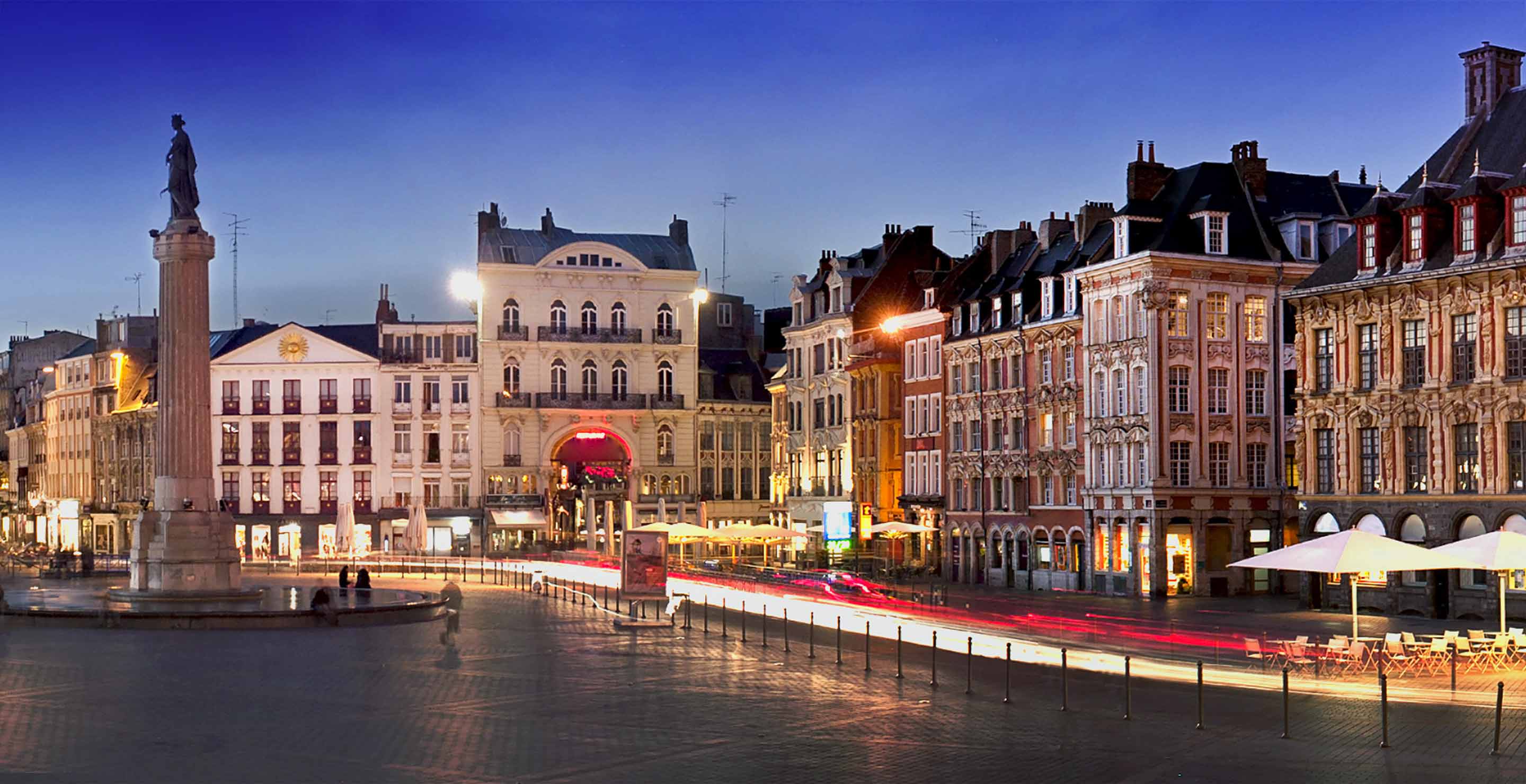BioComp 2019 will take place from May 13th to 15th at the IRCICA in Lille.
Registration:
To register, you just need to fill the online form:
Venue:
IRCICA – 50 Avenue Halley – 59650 Villeneuve-d’Ascq, Lille
This map shows all locations relevant to the workshop GDR Biocomp 2019.
How to come: Venue
Where to sleep: Hotels
Poster Sessions:
Several poster sessions will be organized: please let us know in the online form if you would like to present your work.
Program:
The workshop will start on Monday, May 13th at 13h00 and will finish on Wednesday, May 15th at 12h00.
The detailed schedule of the workshop can be found here.
The BioComp’2019 meeting will be followed at the same place in Lille by a Nanospike workshop from May 15th in the afternoon to May 16 on “Spiking Neuron Networks, Nanodevices, Biodiversity”.
Presentation abstracts:
Marc Bocquet, IM2NP, Aix-Marseille Université
In-Memory and Error-Immune Differential RRAM Implementation of Binarized Deep Neural Networks
François Cabestaing, CRIStAL, Université de Lille
Recording and low-level processing of electrical brain activity
Yann Coello, SCALab, Université de Lille
A functional approach to the representation of space for interacting with objects and people
François Danneville, IRCICA, Université de Lille
Scaling progress of an ultra-low power neuromorphic technology for spiking neural network
Elisa Donati, ETH Zurich
Neuromorphic hardware for biomedical applications
Julie Grollier, Unité Mixte de Physique, CNRS-Thales
Neuromorphic computing with spintronic nano-oscillators
Elena-Ioana Vatajelu, CNRS/TIMA Laboratory, Grenoble
Fault Modeling of Spiking Neural Networks with STDP
Renaud Jolivet, Département de Physique Nucléaire et corpusculaire, Université de Genève
Energy-efficient information transfer in neural networks
Benoît Larras, ISEN, Lille
LEOPAR: Low-Energy On-chip Pre-processing for Activity Recognition
Philippe Millet, Thales
Challenges in embedded Artificial Neural Network applications
Sdrjan Ostojic, LNC2, Ecole Normale Supérieure
Minimal implementations of behavioral tasks using low-rank recurrent neural networks
Mathieu Poumeyrol, SNIPS
Tract: running deep models on the edge
Jochen Triesch, Neurosciences group, Frankfurt Institute for Advanced Studies
Active Efficient Coding for Building Self-Calibrating Vision Systems
Blaise Yvert, BrainTech Laboratory, Inserm et Université Grenoble Alpes
Neuromorphic spike sorting: Toward very low-power neural processing in cortical implants

